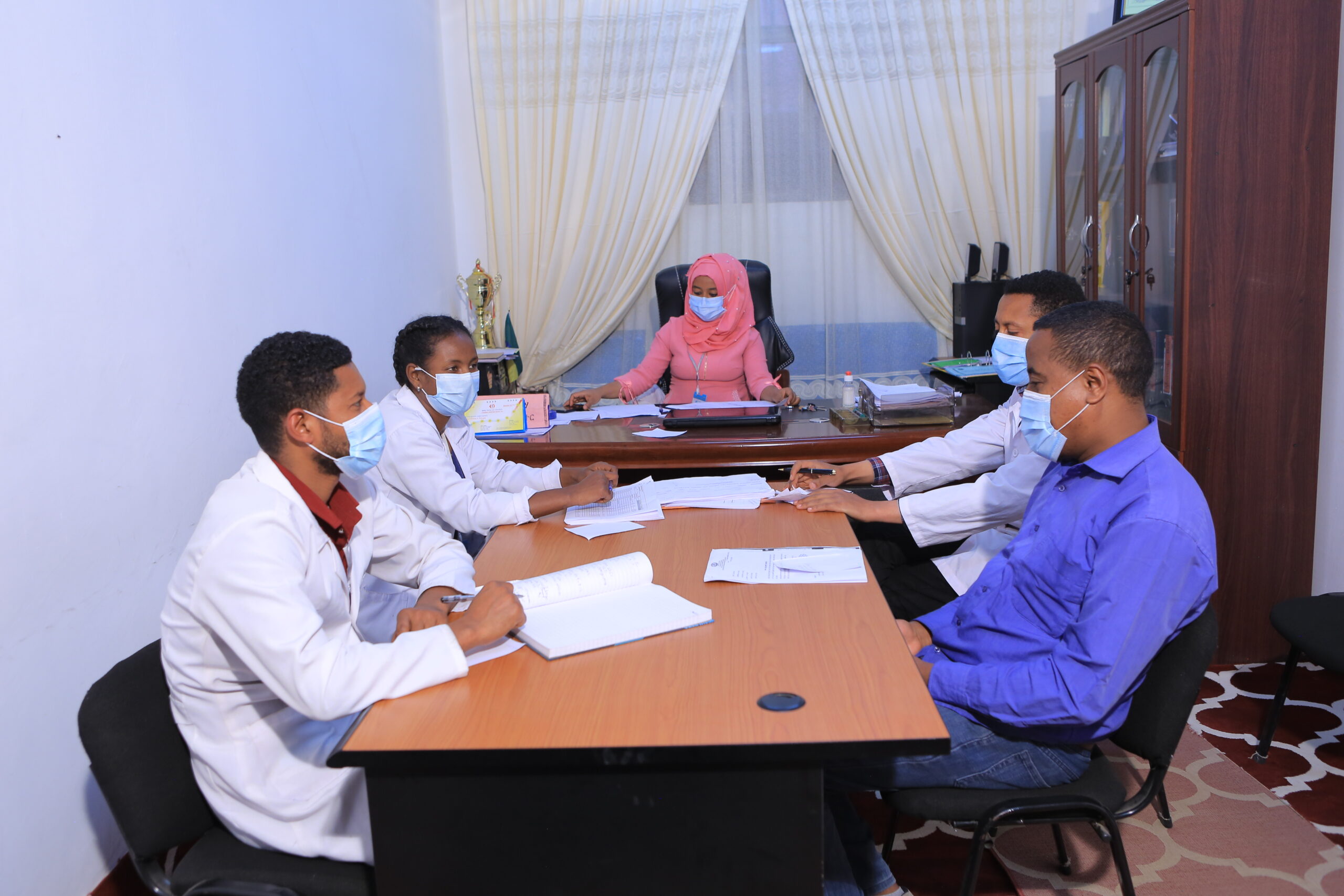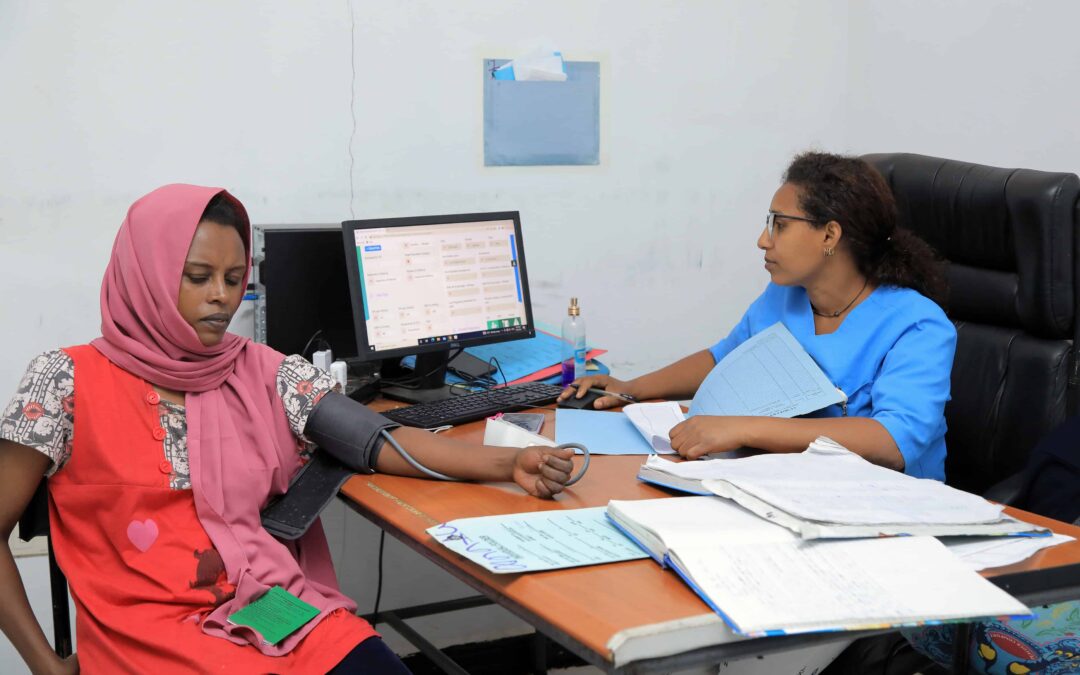Digital health interventions receive significant global funder attention and support to improve health outcomes and the quality of care in lower-income countries, but many of these programs falter beyond the investment period. Barriers to sustained performance include a lack of local ownership, shortage of skilled workers, and limited institutional experience.
While development projects are inherently temporary, their impact should continue to benefit the countries they work in over the long term. Since its start in 2016, sustainability has been central to the Ethiopia Data Use Partnership (DUP), a joint project of JSI and the Ethiopian Ministry of Health (MOH), funded by the Bill & Melinda Gates Foundation and Doris Duke Charitable Foundation.
Localization is critical to sustainability. In this approach, partners, and funders allocate resources and attention to enhancing local human and organizational capacity to both implement, manage, and improve digital health interventions to sustain and improve health outcomes. As USAID has acknowledged, development work should put “local actors in the lead, strengthen local systems, and be responsive to local communities.”
Over the years, DUP has devoted resources and made efforts to pursue different approaches of localization to ensure meaningful and sustainable outcomes, focusing on building and institutionalizing technical capacity within the country. Here are highlights of localization initiatives that we have used to ensure lasting change:
– Embedding experts: Since the start of our project, we have embedded skilled health information system (HIS) advisors and technical experts in public sector health institutions, primarily at the MOH and all regional health bureaus. These staff work closely and collaboratively with government employees in the same offices. This embedment model also emphasizes aligning project activities and work plans with the government’s priorities. Unlike the siloed approach that is often the norm in development, we have embraced collaboration over reinvention.
– Linking with local institutions: Research has shown that higher education institutions can provide a deep impact to other industries when it comes to capacity building, technology transfer, research, and providing internships. And for universities, a linkage with the health sector allows them to improve curricula and contribute to the development of their communities. At the launch of the Capacity Building and Mentorship Program, a multi-sector initiative focused on improving Ethiopia’s HIS performance, DUP engaged six local universities. While supporting the program’s implementation, it also strengthened the universities’ ability to develop, execute, and manage effective digital health interventions, bridging the divide between academia and implementation.
– Creating a space to test-drive innovation: DUP established the Digital Health Innovation and Learning Center, a hub for the ideation and adaptation of digital health solutions. The center’s primary goals are to build local institutional and individual capacity and provide resources and infrastructure to support the implementation of various digital health initiatives across the country’s health system.
– Mentoring the country’s students: The Health Information Technology Internship Program, implemented by the MOH and DUP in 2019 and 2020, was designed to foster local capacity at different levels of the nation’s health structures and units. It addressed the skilled workforce shortage while also improving HIS performance by recruiting and deploying new undergraduate students. The program gave new graduates experience and skills in transforming how health data are collected, managed, and used, creating a pool of skilled human resources.
DUP’s localization approach is a valuable model for lower-income countries that are seeking to ensure the sustainability of their digital health interventions beyond the funding period. Sustainable outcomes require the same level of commitment, planning, and effort as the start-up and implementation phases. By prioritizing the building of local capacity and expertise, DUP has created a foundation for sustainable HIS development and use in Ethiopia. This approach can also lessen reliance on external assistance and be applied more broadly to other forms of aid.



